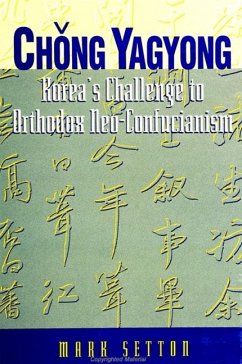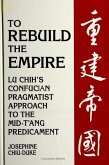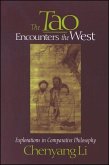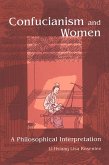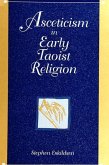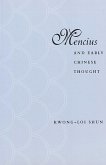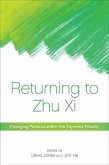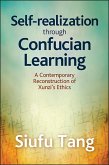Describes the historical background and philosophy of the reform-minded, eighteenth-century Korean thinker, Chong Yagyong. During the last decade, Chong Yagyong, also known as Tasan, the eighteenth-century Korean thinker who dared attack the hallowed orthodoxy of his dynasty, has become a household name in Korea. In this study, the first ever in English, Mark Setton presents a highly readable analysis of the world view behind Tasan's reforms. Setton challenges the very concept of a school of "Practical Learning", presenting an alternative view of Tasan's historical background in terms of the interplay between Confucian schools and political factions. By carefully decrypting Tasan's philosophical writings, Setton shows that he was not simply a reformer bent on unraveling the ruling ideology, but an incisive thinker who sought to "draw aside the veil" of Buddhist and Taoist-inspired Neo-Confucian commentaries and uncover the pristine message of Confucius and Mencius. On the basis of this classical scholarship, Tasan sought for points of resonance between Confucianism and the Catholicism which had deeply inspired him in his youth. Comparing it with parallel schools of thought in both China and Japan, including the "Evidential Learning" of the Ch'ing dynasty and the "Ancient Learning" movement of the Tokugawa, Setton shows that Tasan's rigorous scholarship represents a major contribution to the development of East Asian Confucianism, particularly concerning unresolved issues such as human nature and the foundations of morality. "This book goes deeply and perceptively into the life, and especially the philosophical thought, of an outstanding Confucian reform thinker. Its ability toinsert this immediate study meaningfully in a broader historical context and yet widen Chinese-Japanese-Korean comparative perspective is a rare treat". -- Michael C. Kalton, University of Washington at Tacoma
Hinweis: Dieser Artikel kann nur an eine deutsche Lieferadresse ausgeliefert werden.
Hinweis: Dieser Artikel kann nur an eine deutsche Lieferadresse ausgeliefert werden.

